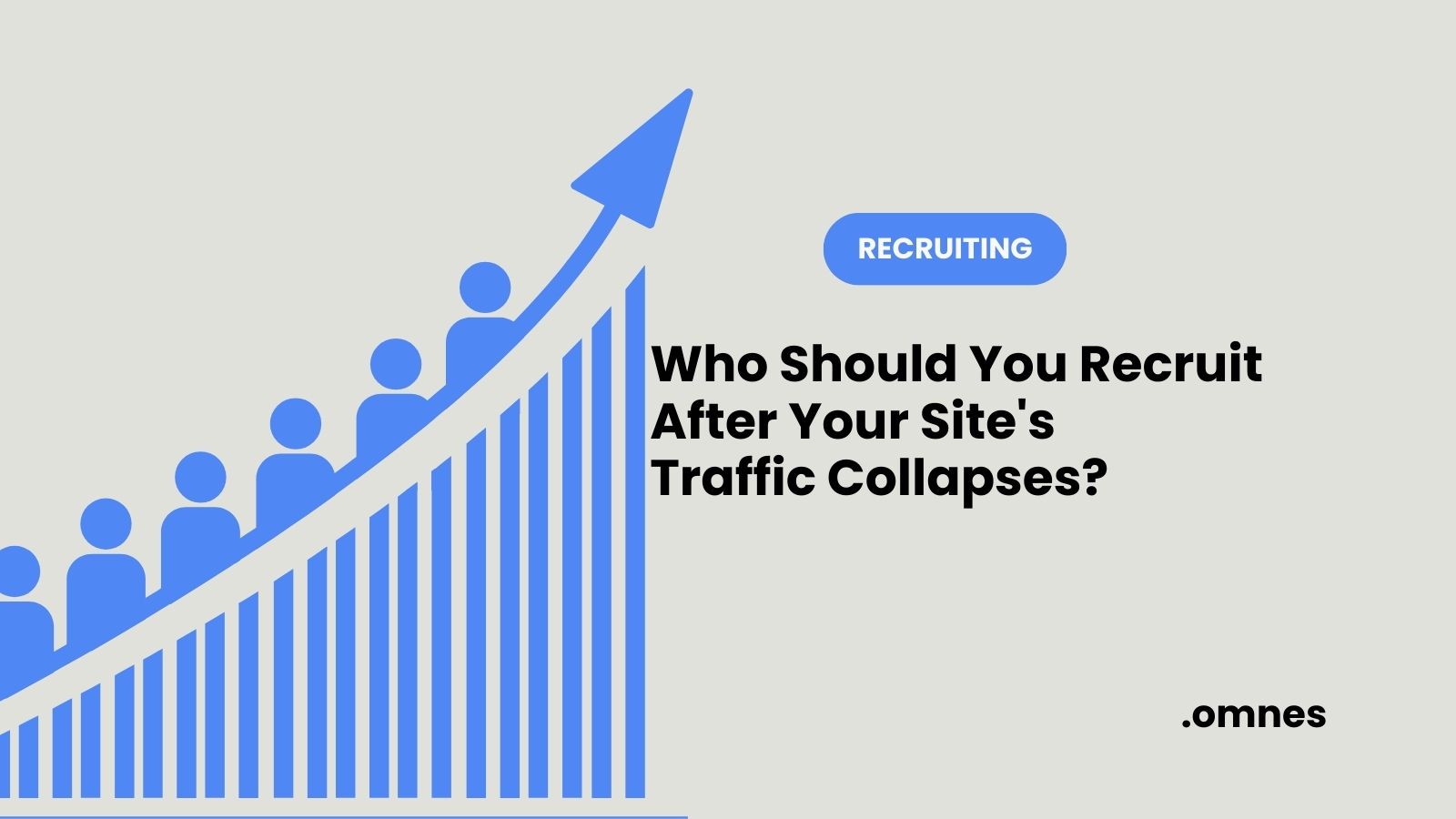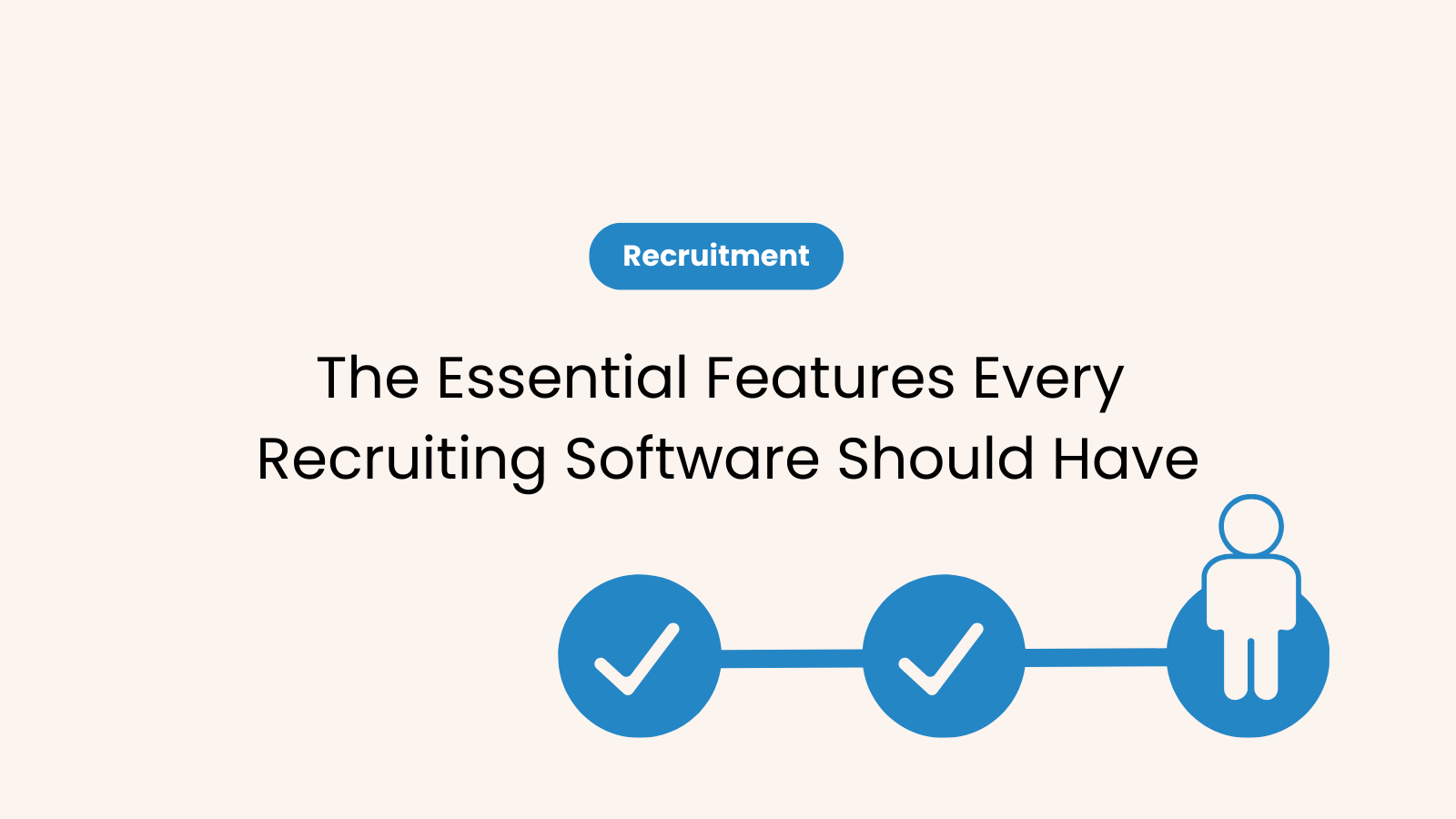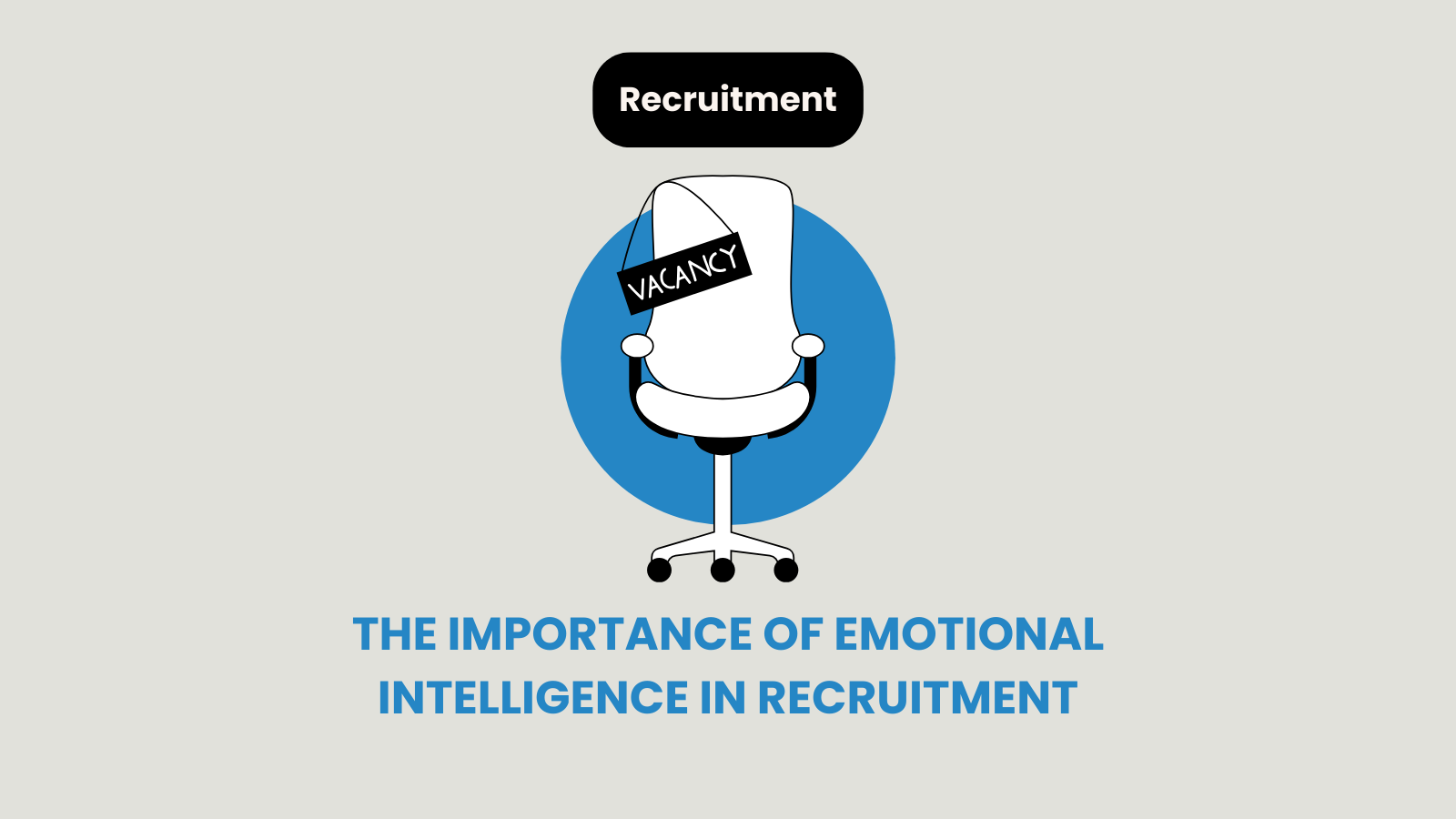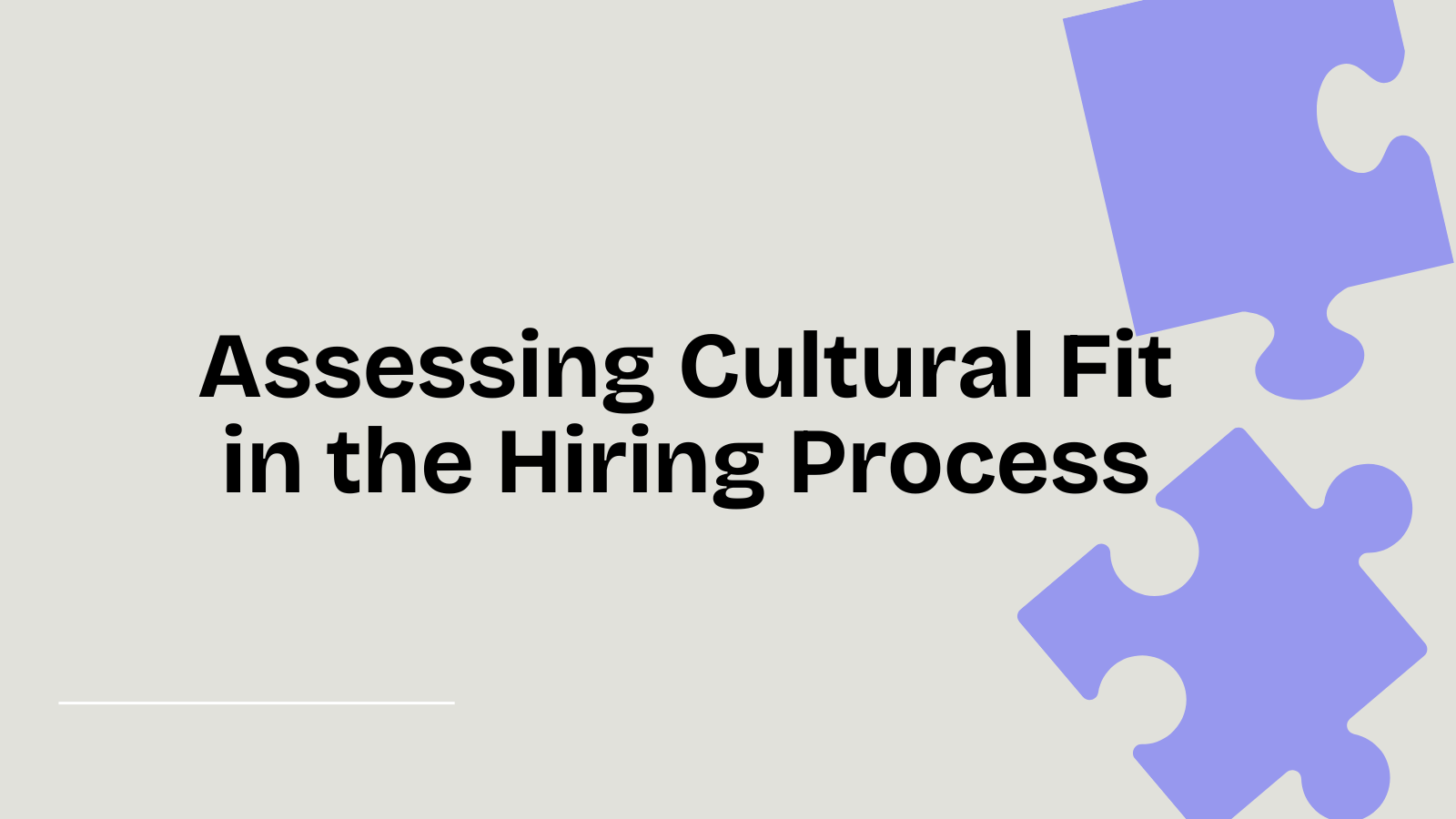One of the most important goals of every website is inevitable positioning on Google and other search engines. Website optimization has been accepted for many years as a relevant factor in the success of a site and in the latter case, of the business itself. However, what happens if we have invested a lot of time and resources to get our pages indexed by search engines, and then achieved solid positioning on several keywords, but have neglected the SEO area? It is logical that over a longer period of neglecting optimization work, there will also be a drop in the organic traffic to our pages. In the following text, we will discuss the best tactics that will contribute to understanding the drop in organic traffic, and recommend who should you recruit after your site’s organic traffic collapses, and further improve your pages.
SEO Expert Who Will Find Causes of Traffic Decline
To correct certain elements on the site, it’s imperative to first understand why they occurred. Several factors influence organic traffic, each requiring a detailed analysis of individual page histories. While the cause of a drop in organic traffic is sometimes evident, a deeper analysis may be necessary to take corrective action and restore or enhance previous levels. It’s important to emphasize from the outset that (in the SEO world) achieving natural positioning on search engines is a long-term investment in a website. We’ll outline some reasons why organic traffic might be declining
Neglect of Site Editing and Lack of Regular Audits
Many companies view website creation as a significant project and a substantial investment in their branding, which is natural and appropriate. It often occurs that certain websites achieve good positioning within the first, second, and third years of operation, only to experience a sudden decline thereafter. One common cause of this situation is neglecting ongoing site maintenance and SEO investments. Employers may initially consider search engine positioning as a short-term investment, leading them to discontinue engagement with SEO experts after the initial phase, thereby neglecting to monitor their results. So they may discover after several months or even years that their positioning has declined to just a few keywords. The solution to this issue is straightforward: regular analysis of pages, including the identification and rectification of technical issues that accumulate over time. To address this, hiring an SEO expert is necessary to identify changes that have occurred and work collaboratively with developers and social media experts to address technicalities and focus on off-page SEO execution. Within this stagnant engagement, there are technical aspects that require attention, such as the proper distribution of keywords on pages and onsite optimization, aligning content with Google’s requirements and those of other search engines. Besides SEO experts, few are willing to consistently monitor and rectify errors detected by tools like Google Search Console, Google Analytics, Ahrefs, and Semrush, among others. These tools are essential for identifying website redirection needs and detecting potential plagiarism, especially with the increasing use of artificial intelligence in content creation.
Auditing Your Website for SEO Issues
An SEO expert must be knowledgeable about technical SEO and on-page optimization. They should be prepared to conduct thorough revisions of the website. As discussed earlier, the decline in organic traffic and the quality of website pages can be attributed to various factors. Conducting proper and regular site audits stands as one of the initial and crucial measures to avert such occurrences. If overlooked, it becomes imperative to scrutinize all pages through audits using tools like Semrush and Ahrefs. These tools evaluate the overall site health, suggesting critical changes and areas for improvement. Notably, manual daily reviews of all pages are impractical, underscoring the importance of automated audits. Through this process, broken links leading to error 404 pages, deemed unfavorable in the SEO realm, can be identified and promptly rectified. A single dysfunctional parent page can precipitate significant issues, impacting the harmony and quality of other pages within the site. You need to check your sitemap, review your canonical links, identify duplicated pages, or address similar issues through a thorough revision of the website. Sometimes, the problems are small and easy to fix, yet they can still cause positioning issues on Google and other search engines. Frequent communication with WordPress developers or other developers within the company is often necessary to address technical issues beyond your expertise. It’s advisable to focus on resolving the issues within your competency, and if you encounter other issues, delegate them to the most qualified team member. For this purpose, regular audits are essential (preferably every month), particularly for sites with consistent additions of new landing pages and blog sections.
Website Developer: Issues after Website Redirection and Transfer to Other Servers
If you don’t have a dedicated developer, consider hiring a developer who can collaborate with other team members on your website. Ideally, they should be proficient in WordPress development and have a comprehensive understanding of strategies to increase organic traffic. A common and logical sequence leading to a drop in organic traffic occurs when we undertake a redesign of the entire website, which may involve redirection or changing the domain itself. It’s important to recognize that major changes, such as transitioning from .io to .com or similar variations, necessitate treating the website optimization process as if starting from scratch. If we intend to eliminate unnecessary pages or significantly alter the site’s content, meticulous attention to each page becomes imperative. Content extraction must be conducted diligently, focusing on relevant content and keywords associated with the target URLs. The new content should be aligned as closely as possible with the old strategy, considering existing content, keywords, meta descriptions, and other pertinent elements, particularly if specific pages already enjoy favorable search engine positioning. To avoid losing ground, meticulous attention to detail and technical aspects is crucial to at least restoring the website to its previous level of performance.
Recruit Web Designer for the Technical Changes and Trends
Designers adopt various methodologies when creating elements for websites. The most effective approach involves reaching a consensus among the employer, the marketing team, and other project stakeholders. In companies experiencing frequent turnover among designers, differing perspectives on issues may arise. A new designer might not adhere to the same approach as their predecessor, resulting in disparate input and editing options across different pages. This often leads to prioritizing content delivery over proper site optimization. Crucial aspects affecting site speed are frequently disregarded, causing search engines to assess these pages differently. If your website design feels outdated, consider hiring a designer who is proficient in modern technologies to enhance its appearance
Content Writer and Content Manager: Implementing Effective Content Optimization Strategies
Alongside addressing technical aspects, it’s crucial to scrutinize the optimization status of individual pages upon noticing a significant decline in organic traffic. This entails assessing the credibility and originality of content and ensuring proportional text lengths within content groups. We must verify the coherence and relevance of internal links, as well as evaluate the authenticity of external links. Every page’s optimization level must be reviewed meticulously, ensuring the correct implementation of key elements such as keyword variations (KV), meta descriptions, SEO titles, alt attributes, and more. The website should maintain an active status with ongoing engagement. Introducing new blog posts stands out as one of the preferred tactics to demonstrate natural activity to Google and other search engines, aligning with audience expectations and desired content presentation.
Link Builders: Building Quality Backlinks to Boost Authority
Establishing quality backlinks stands as a paramount factor for enhancing your site’s Google ranking. Many businesses fall into the trap of indiscriminate link-building practices, pursuing quantity over relevance. The result is that they abandon link-building efforts altogether, leading to a predictable decline in performance. If you’ve encountered such challenges, it’s essential to adopt a strategic approach to backlinking, prioritizing link quality above all else. Unfortunately, some companies resort to agencies that indiscriminately place links on low-quality sites, such as Private Blog Networks (PBNs), for quick gains, disregarding long-term repercussions. When these sites inevitably fail, Google perceives our site as low-quality and unreliable due to the sudden loss of backlinks. Serious companies opt for meticulous backlink tactics, acquiring a steady stream of high-quality links monthly, with substantial investments in resources. This strategy should be regarded as a long-term commitment, aimed at elevating the website to desired positions and sustained through modern link-building strategies. Of course, maintaining a delicate balance with the site’s content is paramount throughout this process. The primary determinants influencing positive outcomes in backlink building include identifying high-quality websites with robust on-page efforts and valuable content. Establishing natural communication with the website’s editor and proposing a competitive guest post is essential to ensure a mutually beneficial arrangement. In relation to this aspect, it would be beneficial to consider hiring one or more link building specialists to enhance your keyword strategies.
Social Media Experts: Leveraging Social Media and Other Channels for Traffic Growth
If your social media engagement has dwindled, it’s natural to witness a decline in both page traffic and activity. While LinkedIn remains a prominent platform for business promotion, Instagram and Twitter also wield significant influence. To counteract this decline, consider recruiting the expertise of a social media professional. They can craft engaging posts on a weekly basis, bolstering your site’s activity. For e-commerce ventures, sustained activity is crucial to effectively engage potential users. This may entail a blend of direct service promotion and compelling content that seamlessly integrates into consumers’ daily lives, fostering a sense of connection with your products.
A decline in organic internet traffic can result from a variety of factors, ranging from website changes to decreased activity and resource limitations. It’s crucial to acknowledge organic traffic as a significant and worthwhile investment, capable of yielding visible results over time. To achieve this, it’s essential to recruit a team of experts who will ensure your dreams are in safe hands.




